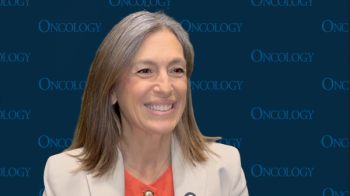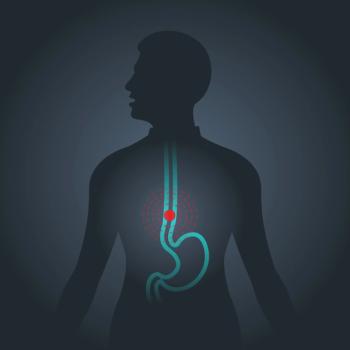
Oncology NEWS International
- Oncology NEWS International Vol 18 No 11
- Volume 18
- Issue 11
Turmeric May Induce Cell Death in Esophageal Cancer Sans Apoptosis
Turmeric, or curcumin (diferuloylmethane), may be a favorable agent for the prevention and treatment of esophageal cancer, according to researchers at the Cork Cancer Research Center and Mercy University Hospital in Cork, Ireland. The authors noted that turmeric was able to induce cell death by a mechanism that is not reliant on apoptosis induction.
Turmeric, or curcumin (diferuloylmethane), may be a favorable agent for the prevention and treatment of esophageal cancer, according to researchers at the Cork Cancer Research Center and Mercy University Hospital in Cork, Ireland. The authors noted that turmeric was able to induce cell death by a mechanism that is not reliant on apoptosis induction.
They examined the effects of curcumin on esophageal cancer cell lines, focusing on mitotic catastrophe, apoptosis, and autophagy. They found that curcumin-responsive cells accumulated poly-ubiquitinated proteins and cyclin B, which was consistent with a disturbance of the ubiquitin-proteasome system.
"This effect...may be responsible for the mitotic disturbances and consequent cytotoxicity of [curcumin]," they wrote (Br J Cancer online, October 6, 2009).
Articles in this issue
about 16 years ago
Measure for measure: How to make practice benchmarks meaningfulabout 16 years ago
Ultrasound targets lymph node recurrence in breast cancerabout 16 years ago
JAMA article reignites debate over screeningabout 16 years ago
Moving at the speed of scienceNewsletter
Stay up to date on recent advances in the multidisciplinary approach to cancer.





































